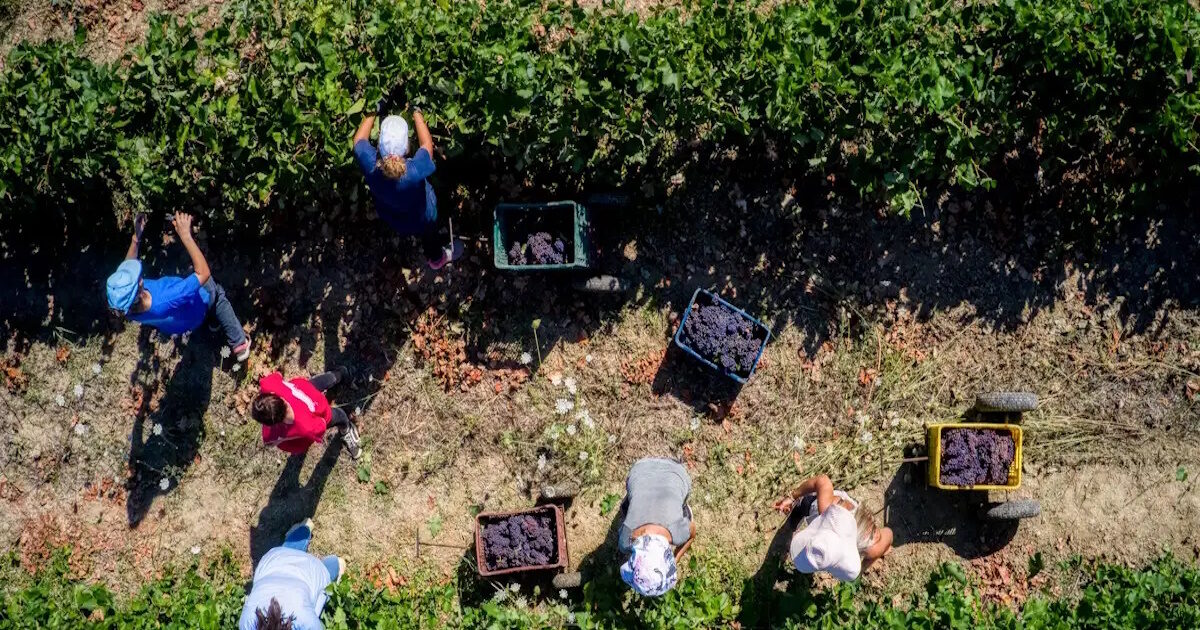Farmers and subsidies are rigorously screened, with services now applying universal, cross-cutting controls before each payment.
Farmers who do not have a complete file are at risk of not seeing subsidies in their account, as even the absence of a mandatory supporting document during the check is enough to “cut off” the specific aid.
The Ministry of Rural Development has also addressed the issue by announcing horizontal controls on the entire spectrum of payments, from “organic” to direct aid. The political leadership assures that no honest producer will lose money, but makes it clear that scrutinizing crossings will precede – an option that “adds” to the subsidy delays of the last months.
The intensified checks may leave some producers out of payment of the advance payment of basic aid, with the payment set as a target for November, provided the European Commission approves the new IACS plan.
According to information, the Economic Police has proceeded to confiscate the entire file of applications for 2025 aid, immediately after the completion of this year’s procedure. From this new database, the Authorities seek to obtain additional information on any illegal practices by those already accused, but also to document the possible involvement of new persons.
The question of times remains open, as there is no clear picture of how long it will take to process the digital files, hard drives and physical files that have been handed over to the authorities. This uncertainty, until the crossings are completed, fuels concern about the pace of implementation of the upcoming payments.
It should be noted that the pre-existing framework of the EAE 2024 Directives of OPEKEPE (which, apparently, was not observed before the case with the illegal subsidies “broke out”) is a catalyst. It stipulates that the mandatory supporting documents must be in the electronic file at the time of the inspection and it is not possible to provide them additionally afterwards. This means that farmers who try to ‘top up’ subsidies after the fact will not be paid for the relevant intervention. In the same text it is expressly stated that late submission results in a reduction of 1% per working day (or 3% in special first grants) and, after 25 calendar days, the application is considered inadmissible.
The legal background at the level of the European Union explicitly provides for administrative sanctions when the eligibility conditions are not met, with a reduction, non-payment or even exclusion from payments. Exceptions exist only in cases of force majeure or exceptional circumstances, with the responsibility of documentation falling on the beneficiary. In practice, in order not to lose subsidies, the file must be complete, accurate and on time.
For example, if a parcel lease has not been electronically renewed after its expiration, if an irrigation document is missing in nitrate pollution actions, or if there is a discrepancy between ATAK data and actual land use, subsidies are blocked even if all the other data is correct.
In addition, in transfers of rights, the file is kept electronically and the original receipts – contracts must be kept for at least five years by the parties involved, so that they are available for any audit.
